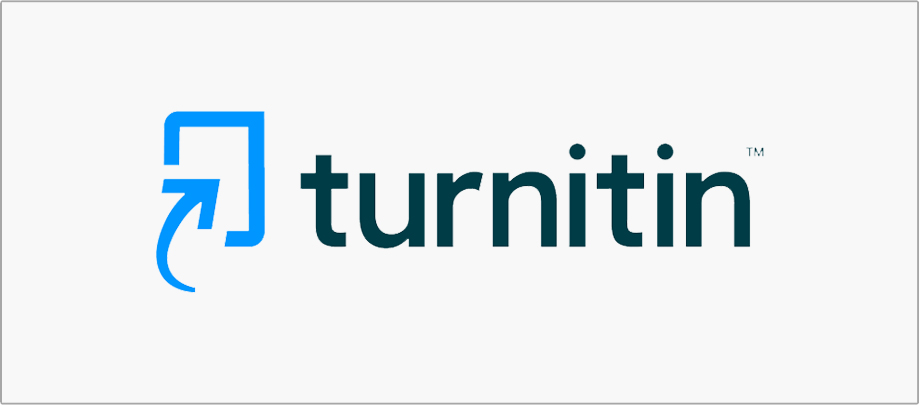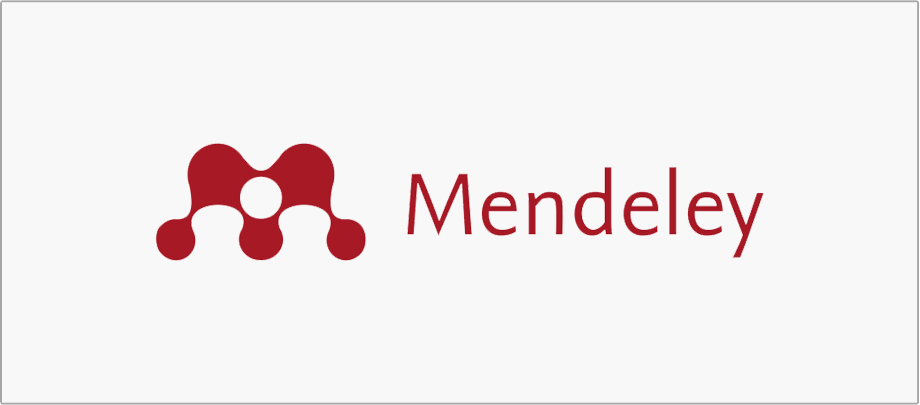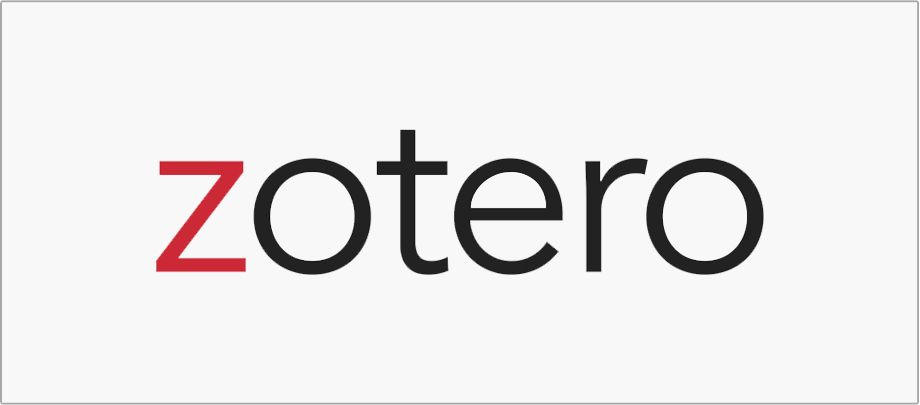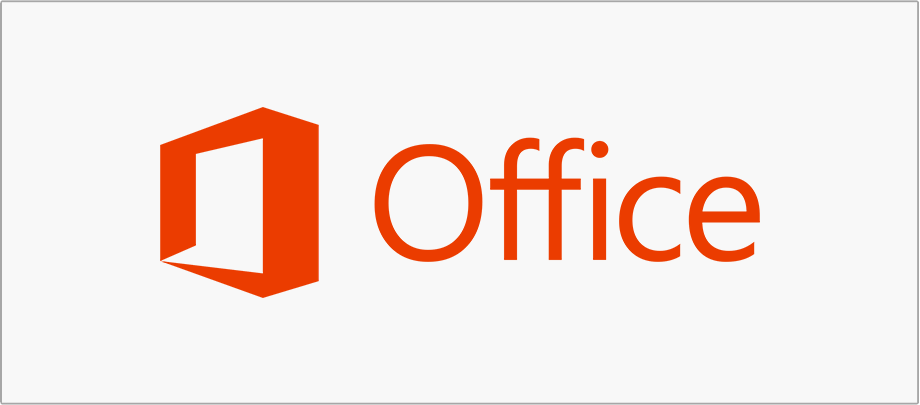Online Fake News, Indonesia Law and Islamic Perspective
Abstract
The effects of internet use bring with it many negative aspects linked to online fake news in Indonesia. Indonesia's fight against the spread of online fake news has been going on for many years. However, in 2017, the country experienced the biggest challenges in the bid to battle and resolve the rise of post-truth politics in the country. In addition, the spread of fake news in Islam is prohibited and perspectives from Islamic law equally discouraged the same. There is no harm in making gossip focused on sharing real experiences and emotions but Islam forbids any information being made with the intention of spreading rumors or falsehood. Therefore, the aim of this paper is to discuss online fake news based on Indonesia Law and Islamic Perfectives. The study conducts descriptive analytical literature review methods without using a basic assumption or proposition. Also, the literature used by the author for data collection includes primary and secondary sources from previous studies, such as publications, reference books, online news verification; and ayahs from Qur’an & Hadith that are centered on Indonesia Cyber Crime Law Settings. Cybercriminal offense governed in Law No. 11 Year 2008 on Information and Electronic Transactions (UUITE) relating to online fake news item number one: criminal offenses involved in illegal activities, such as: distribution or propagation, transmission, unavailability of illegal content, including: ethics (Article 27[1] UUITE), gambling (Article 27 [2] UUITE); disrespect or defamation (Article 27 [3] UUITE); outrage or threats (Article 27 [4] UUITE), hoax manipulating and damaging customers (Article 28 [1] UUITE); creates a sense of ethnic hostility-based bigotry (Article 28 [2] UUITE). Equally, online fake news is also not allowed in Islam and that is evident in some ayahs stated in the Qur’an, which among are: Qur’an (49:6) & (24:15). Since online fake news has to do with spreading lie, falsehood, rumors and gossips, Islam condemns all kinds of deceit. Therefore, spreading rumors should not be treated as trivial or casual nor be encouraged as a form entertainment due to the high concerns it can raise and its far-reaching implications.
Keywords
Full Text:
PDFReferences
Allcott, H., & Gentzkow, M. (2017). Social Media and Fake News in the 2016 Election. Journal of Economic Perspectives, 31 (2): 211–236. Retrieved from: https://www.aeaweb.org/articles?id=10.1257/jep.31.2.211
Berkowitz, D., & Schwartz, A. (2016). Miley, CNN, and The Onion. Journal Journalism Practice 10 (1): 1–17. Retrieved from: https://www.tandfonline.com/doi/abs/10.1080/17512786.2015.1006933
Bima, R. P. (2018). Struggle against Fake News & Post-truth Politics. Center for Digital Society, Faculty of Social and Political Sciences, Gadjah Mada University, Indonesia. Retrieved from: http://cfds.fisipol.ugm.ac.id
Ethnical Journalism Network, (2017). The EJN definition of fake news. Ethnical Journalism Network. Retrieved from: https://ethicaljournalismnetwork.org/tag/fake-news/page/2
https://jurnal.ugm.ac.id/jurnal-humaniora/article/view/38891
https://www.emerald.com/insight/content/doi/10.1108/JPBM-12-2018-2179/full/html
Khaldarova, I., & Pantti, M. (2016). Fake News: The Narrative Battle Over the Ukrainian Conflict. Journal Journalism Practice, 10 (7): 891–901. Retrieved from: https://www.tandfonline.com/doi/abs/10.1080/17512786.2016.1163237
Maheshwari, S. (2016). How Fake News Goes Viral: A Case Study. The New York Times. Retrieved from:
https://www.nytimes.com/2016/11/20/business/media/how-fake-news-spreads.html?_r=0.
Mandasari, Y. S., & Putera, A. U. S. (2016). Cyber Crime Prevention Strategy in Indonesia. “SSRG International Journal of Humanities and Social Science” 3 (6): 22-26. Retrieved from: https://www.researchgate.net/publication/311953954_Cyber_Crime_Prevention_Strategy_in_Indonesia
Nelson, M. R., & Park, J. (2015). Publicity as Covert Marketing? The Role of Persuasion Knowledge and Ethical Perceptions on Beliefs and Credibility in a Video News
Release Story. Journal of Business Ethics, 130 (2): 327–341. Retrieved from: https://link.springer.com/article/10.1007/s10551-014-2227-3
Palma, B. (2017). Did Target’s Stock ‘Crash’ due to its Transgender Bathroom Policy?. Snopes.com. Retrieved from: http://www.snopes.com/targets-stock-transgender-bathroom-policy/
Paschen, J. (2020). Artificial Intelligence and Human Contributions. Journal of Product & Brand Management, 29 (2): 223-233. Retrieved from: https://www.emerald.com/insight/content/doi/10.1108/JPBM-12-2018-2179/full/html
Reis, A. F., & Oliveira, L, (2017). The Current State of Fake News: Challenges and Opportunities. Journal Procedia Computer Science, 121 (2017): 817-825. Retrieved from: https://www.sciencedirect.com/science/article/pii/S1877050917323086
Rizal, M., & Yani, Y. (2019). Cybersecurity Policy and Its Implementation in Indonesia. Journal of Asean Studies, 4 (1): 61-78. Retrieved from: https://journal.binus.ac.id/index.php/jas/article/view/967/pdf_11
Salam, A. (2018). The Hoax Phenomenon in Indonesian Society: Observing Anti-Diversity Memes since 2014. Jurnal Humaniora, 30 (3): 315-324. Retrieved from:
Tandoc, E. C., Wei, Z. L., & Ling, R. (2017). Defining “Fake News” A typology of Scholarly Definitions. Journal Digital Journalism, 6 (2): 137-153. Retrieved from: https://www.tandfonline.com/doi/full/10.1080/21670811.2017.1360143
Tapseel, R. (2019). Indonesia’s Policing of Hoax News Increasingly Politicised. Researcher at Iseas- Yusof Ishak Intitute Analyse Current Event, 75: 1-10. Retrieved from: https://www.iseas.edu.sg/images/pdf/ISEAS_Perspective_2019_75.pdf
Qur’an & Hadith :
Al-Qur'an al-Kareem, Surah Al-Hujurat [49:6]
Al-Qur'an al-Kareem, Surah An-Nur [24:15]
Jami Al Tirmizi [5] Chapter 272, Hadith 2407
Sahih al-Bukhari [34] Book 2, Hadith 27
Sahih al-Bukhari [6094] Book 78, Hadith 121
DOI: http://dx.doi.org/10.22373/adabiya.v23i2.9169
Refbacks
- There are currently no refbacks.
All papers published in Jurnal Adabiya are licensed under a Creative Commons Attribution-ShareAlike 4.0 International License. |

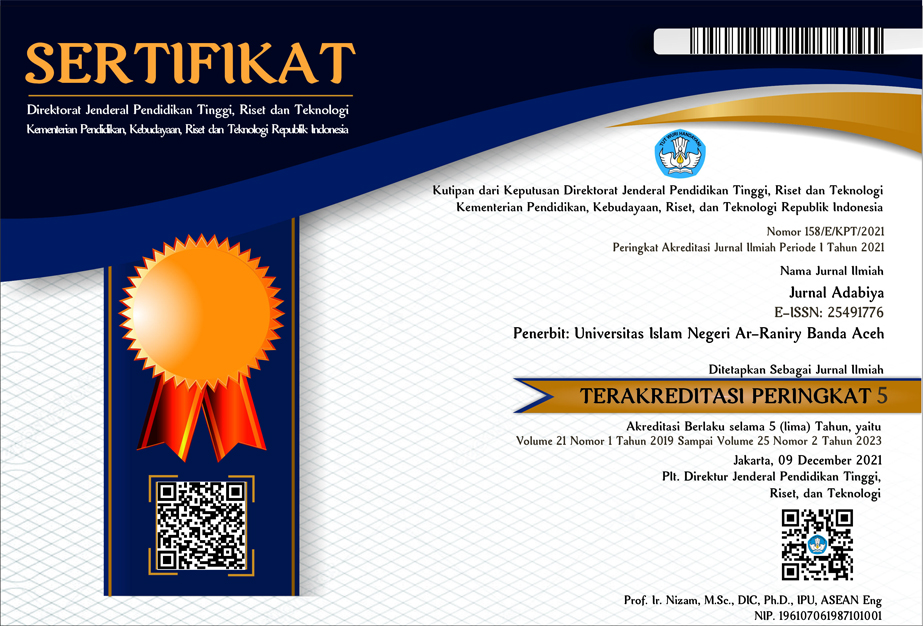
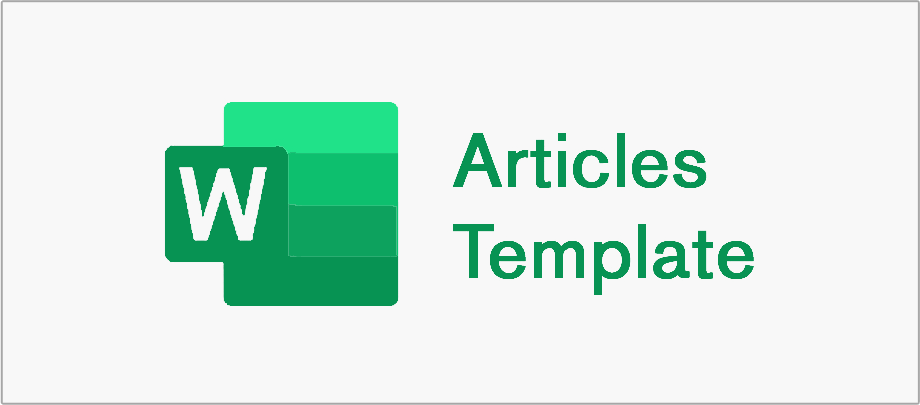

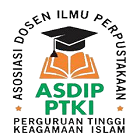

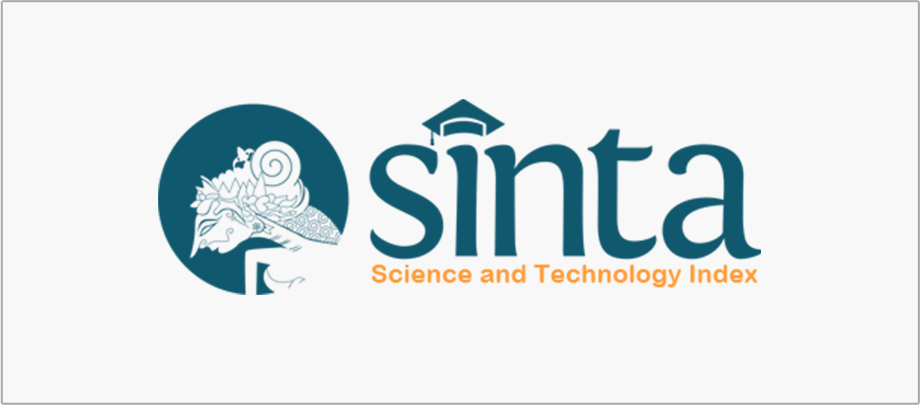

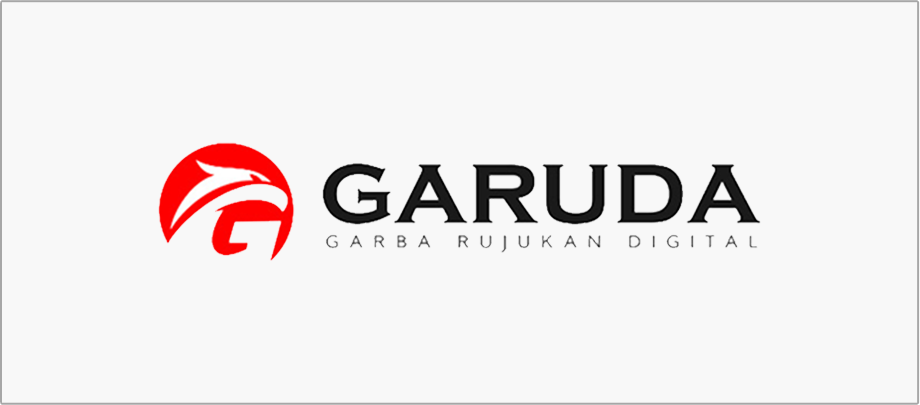
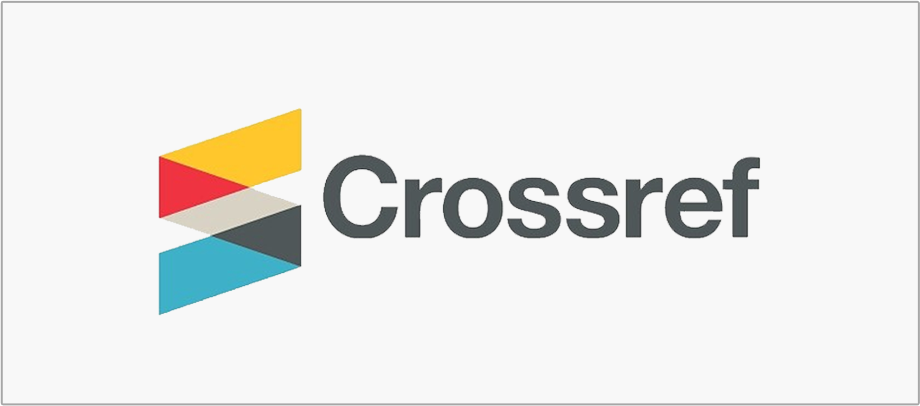
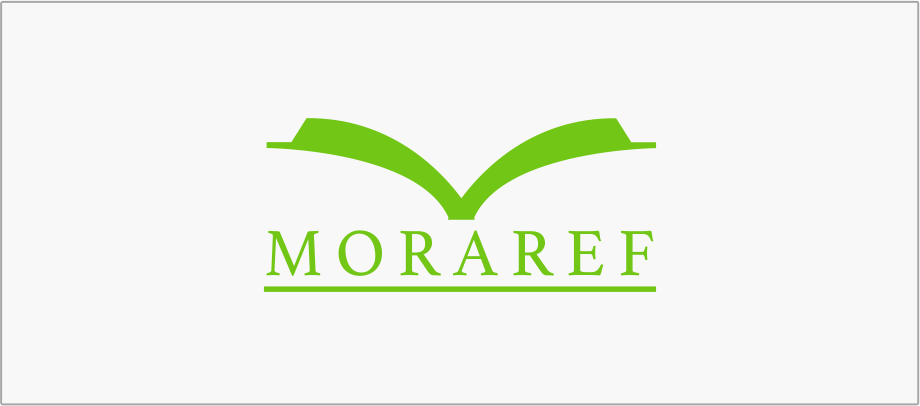
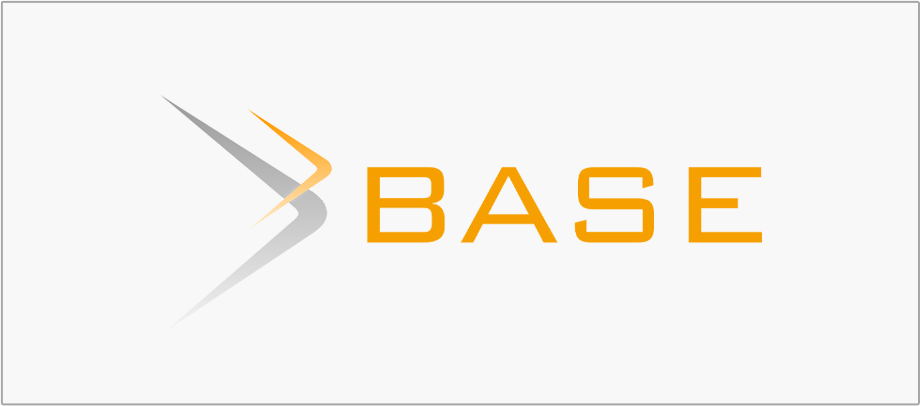
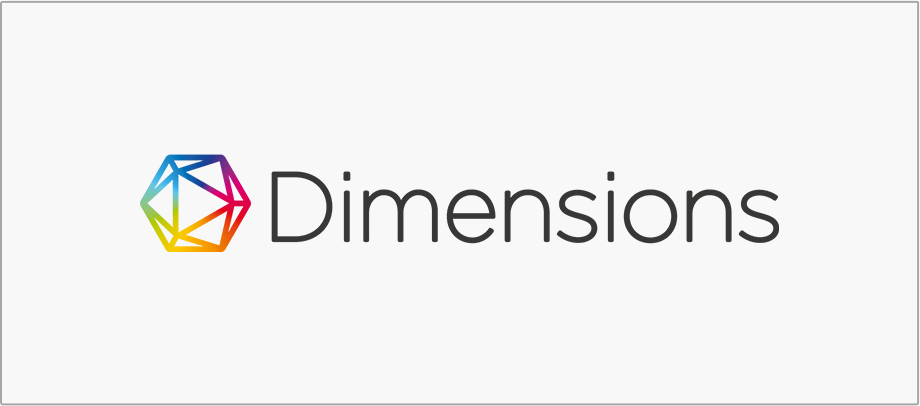
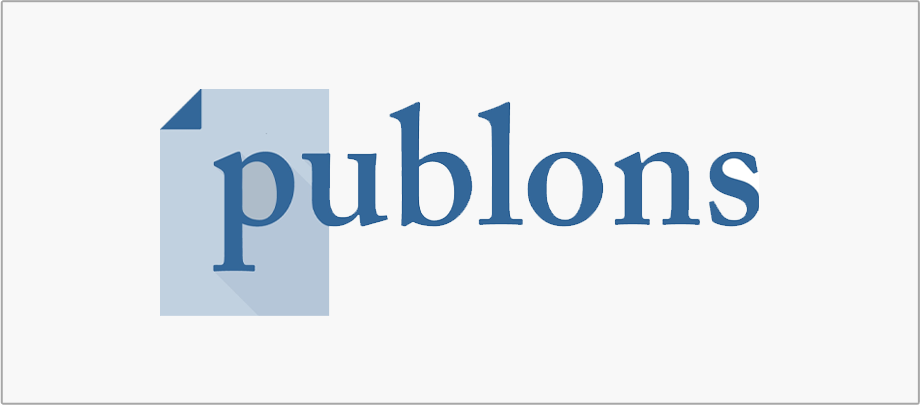

_(4)1.png)

